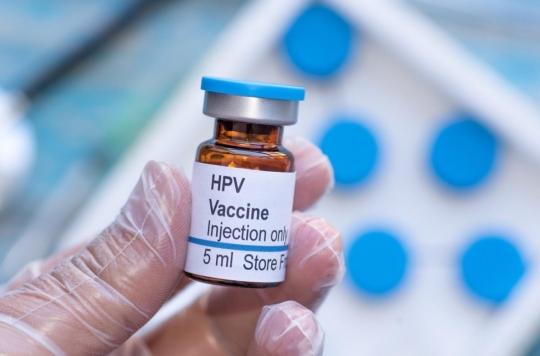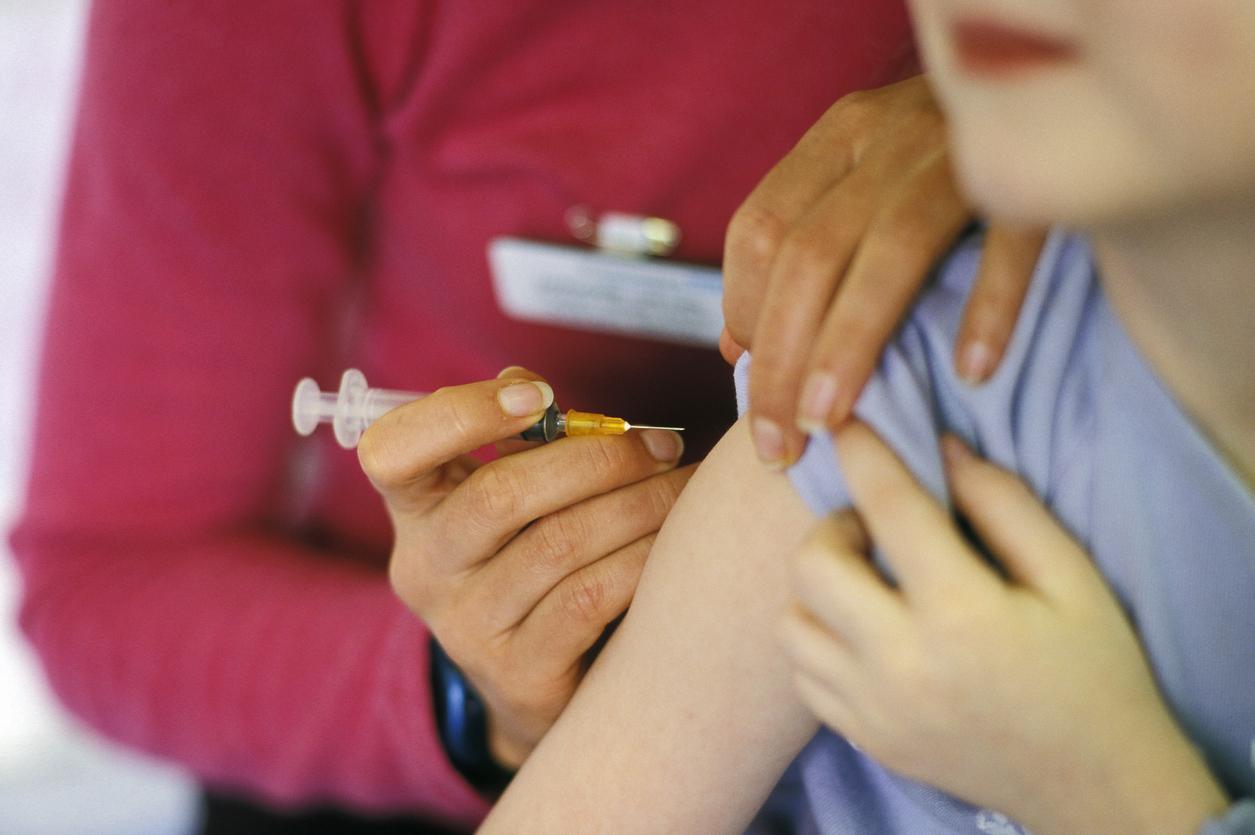The vaccine against HPV protects against cancers of the cervix, but also against those of the throat and mouth. Its generalization should make it possible to significantly reduce the number of new cases… but this will take time.

- Vaccination against HPV is recommended for girls and boys between 11 and 14 years old.
- Catch-up is possible from 15 to 19 years old.
- Human papillomaviruses (HPV) are transmitted during sexual intercourse.
Since 2007, health authorities have recommended that young girls get vaccinated against human papillomavirus (HPV) infections. On January 1, 2021, these recommendations were extended to boys. The objective of this vaccine is to prevent the appearance of genital cancerous lesions, and therefore cancers of the uterus, vagina, penis but also of the anus. Vaccination also reduces the risk of cancer of the throat and mouth, as they are frequently linked to HPV. In JAMA OncologyAmerican researchers show that it will take patience to perceive the effects of vaccination on the number of these cancers.
Stagnating rates due to unvaccinated people
In this study, Bloomberg School scientists analyzed national databases of oropharyngeal cancer cases and HPV vaccinations. This allowed them to make projections of the impact of HPV vaccination on the rates of these cancers in different age groups. They estimate that the rate of throat and mouth cancer would almost halve between 2018 and 2045, among people aged 36 to 45. Nevertheless, this rate in the general population should remain stable until 2045, because of the ever-increasing rates of these cancers in the elderly. “We estimate that most oropharyngeal cancers from 2018 to 2045 will occur in people age 55 and older who have not been vaccinated“, details the lead author of the study, Yuehan Zhang. In most cases, these cancers appear late in life.
Vaccination, the only weapon against these cancers
Vaccination is effective against this family of viruses, but has a major drawback: it can prevent, but cannot treat. It does not work against established HPV infections or against cells that have been transformed by HPV and are about to form tumours. Thus, it is recommended mainly for young people who are not yet exposed to sexually transmitted HPV. In adults who already have a sexual life, and potential HPV infections, the vaccine will not be 100% effective.
Rising vaccination rates?
In 2020, almost a third of 16-year-old girls had received both doses of the vaccine. According to American researchers, these rates could increase sharply in the years to come. In 2045, they estimate, that 72% of people aged 36-45 will be vaccinated, 37% of those aged 46-55 and 9% of those aged 56-69. These high numbers should have an impact on cancer rates. “Our projections suggest that by around 2033, almost 100 cases of oropharyngeal cancer will be prevented each year, but by 2045 that figure will increase around ten times.”concludes the researcher.

.
















